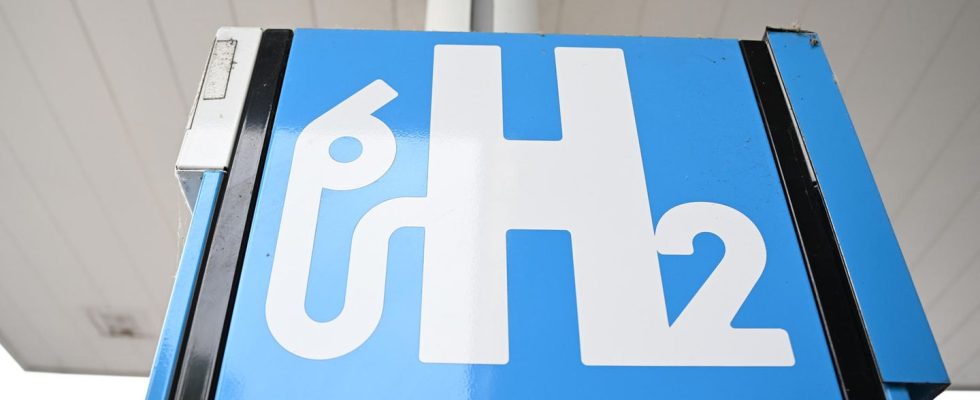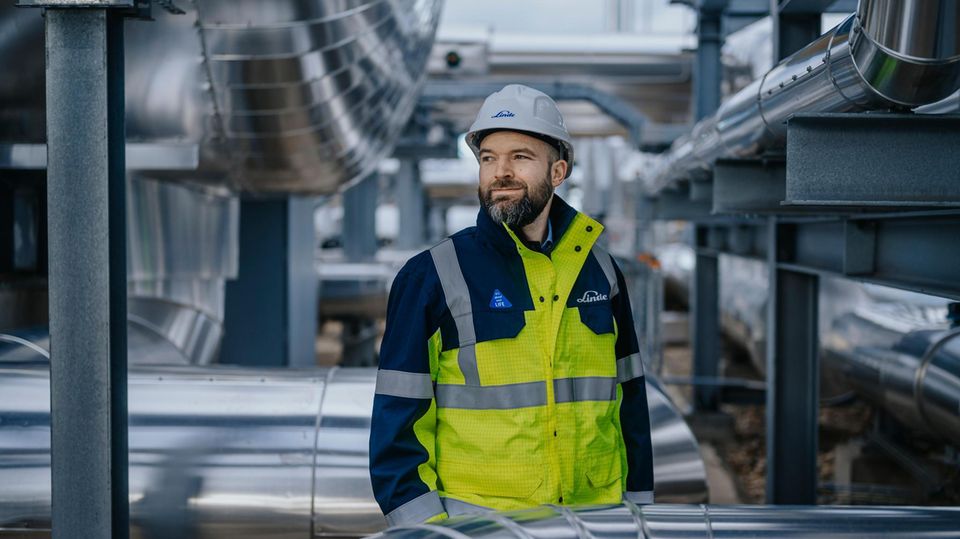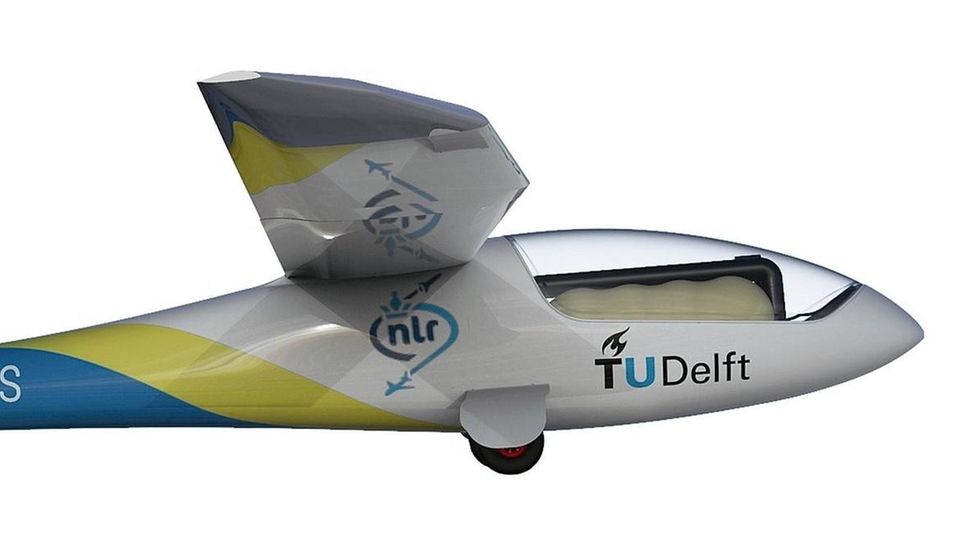column
Life cycle assessment
Does hydrogen clean trucks?
Could we see more often in the future: sign symbol for hydrogen filling station
© Bernd Weißbrod / DPA
They creep, they are noisy, they stink: at least the latter can be reduced by trucks using electric drives. But progress takes time.
Half a century ago, trucks drove many drivers crazy because they crawled over the asphalt, made a hell of a noise and polluted the good air. That’s why the diesel-powered transport industry launched a sympathy campaign in 1971. The mascot was a truck driver dressed in red and black who looked seriously obese and moved on six wheels instead of legs. To this day he still goes by the all too cute name “Brummi”. There are now also female Brummi, and now “Brummhilde” also wishes all car drivers “Have a good trip” from posters.
But the vices that bear witness to our unbridled desire for growth and consumption continue to annoy us. There are more and more of them and they travel longer and longer distances. In In Germany there are around 35.8 billion kilometers every year. They are increasingly damaging the climate, even though their diesel consumption has fallen by around 40 percent since the 1970s. According to new studies, trucks are responsible for around ten percent of global CO₂ emissions.
Experts say: In a world based on the division of labor, trucks cannot simply be replaced – despite all the dreams of transporting goods by rail or increasing sales of regional goods. That’s why manufacturers are looking for new and climate-neutral forms of drive. The solution now seems to have been found: clean hydrogen (H₂) should replace diesel. So will we soon be rid of a huge climate problem?
There are still a few problems to solve
In fact, the ecological balance for hydrogen in vans is very good – if it was produced sustainably, i.e. via electrolysis using electricity from the sun, wind or hydropower. According to the International Council on Clean Transportation (ICCT), the emissions of an environmentally friendly H₂ truck are up to 89 percent lower than those of a diesel-powered vehicle. For blue hydrogen, obtained from natural gas, the improvement is at least 15 to 33 percent. Manufacturers such as Daimler Truck and Volvo therefore tend to assume that H₂ power will dominate long-distance transport. For vans that only deliver goods over short distances, the more efficient battery drive is likely to prevail. What does short mean? Daimler wants to produce its 40-ton eActros in 2024, which has a range of up to 500 kilometers on a single battery charge. With battery technology, around 80 percent of the electricity used is converted into movement, while with fuel cells this is only possible at a maximum of 35 percent.
For harried truckers who eat up kilometers every day, hydrogen offers a decisive advantage: they don’t need to lug around heavy batteries and can refuel within minutes. The hydrogen is converted into electricity on board using a fuel cell and drives an electric motor. One tank full is enough for 800 or more kilometers.
H₂ for trucks as well as for ships and airplanes – that sounds effective for climate protection. But it is difficult to estimate how quickly the global market can provide green hydrogen at affordable prices; Especially in freight transport, every tenth of a cent counts. An Italian study assumes that by 2030, European long-haul trucks will be fueled primarily with gas (CNG and LNG), which is only slightly more climate-friendly than diesel. Battery drives for smaller trucks, on the other hand, are becoming established more quickly.
Before hydrogen trucks can roll on motorways and country roads, another problem must be solved: there are far too few filling stations for them. According to the transport industry, at least 1,000 of them will be needed across Europe by 2030. Due to their design, the existing 100 or so German H₂ filling stations can almost only be used by cars. The future for hydrogen-powered cars is over before it even begins. Lack of efficiency. The energy giant BP puts their future market share at: zero.
Which ecological balance should we prepare for you? Write us: [email protected]



